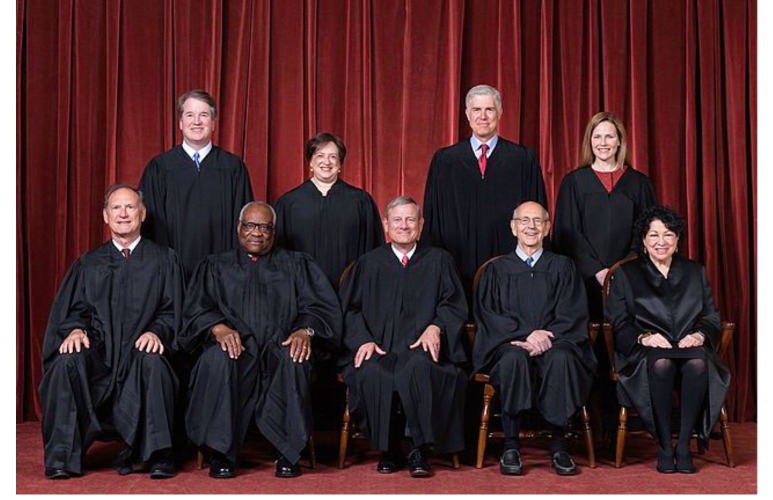A U.S. Supreme Court case involving taxation of unrealized gains might have a significant impact on nonprofit funding, according to Taxing Unrealized Gains Is Unconstitutional: Moore V. United States, a policy brief from Washington, D.C.-based The Philanthropy Roundtable.
“Taxing unrealized gains means investors would have to pay taxes on the gains they have not yet received, reducing the amount of money available for charitable giving,” wrote Jack Salmon, director of policy research at The Philanthropy Roundtable and the brief’s author.
“Philanthropists may be discouraged from making charitable donations if they are subject to taxes on unrealized gains, which could have a long-term effect on charitable giving,” Salmon continued. “What’s more, if such taxes are deemed constitutional, this could open the door to additional federal taxes on property, wealth, and possibly even the assets of charitable foundations.”
Moore V. United States case centers around the nature of “realized” income – income that is subject to taxation. Charles G. Moore, an investor in a company based in India called KisanKraft, held that because the company reinvested profits into KisanKraft rather than distribute them to shareholders, the earnings should not be taxed. That was, in fact, the law until 2017, when the Tax Cuts and Jobs Act (TCJA) allowed such earnings to be taxed. Additionally, the TCJA called for a one-time tax on cumulated foreign earnings post-1986.
Moore paid nearly $15,000 a tax on $132,512 in unrealized income due to the one-time tax, but promptly challenged the new law. On June 26, The U.S. Supreme Court granted certiorari, which required the case’s record to be submitted for its review. The case had been previously decided in the government’s favor by the U.S. District Court for the Western District of Washington, and the U.S Court of Appeals for the Ninth Circuit had affirmed the District Court’s ruling.
The brief’s author wrote that an unsuccessful challenge to the tax could open the door to additional federal taxes, which would further limit philanthropic giving. “Unless overturned, the ruling of the Ninth Circuit has the potential to initiate a new era of federal taxes being levied on properties, stocks, farmland and other assets that appreciate in value,” Salmon wrote. “Opening the door to the possibility of imposing federal taxes on wealth could have profound implications for the charitable sector. Proponents of wealth taxes have previously suggested taxing the assets of charitable foundations.
“Considering that charitable foundations in the U.S. contributed $91 billion to nonprofit organizations in the previous year, any change in their assets would be consequential,” Salmon concluded. “If the foundations of affluent individuals experience a decrease in their assets, it could have a substantial adverse effect on the communities currently benefiting from those donations.”
The Supreme Court docket number for the case is 22-800. The U.S. Court of Appeals for the Ninth Circuit case number is 20-36122. A full copy of the Philanthropy Roundtable’s policy brief is available here: https://www.philanthropyroundtable.org/wp-content/uploads/2023/06/Taxing-Unrealized-Gains-Is-Unconstitutional.pdf









